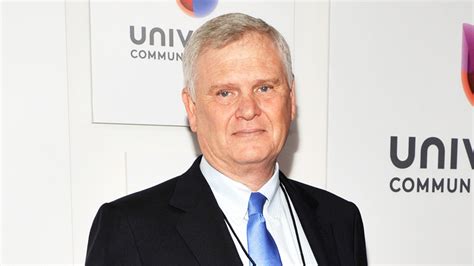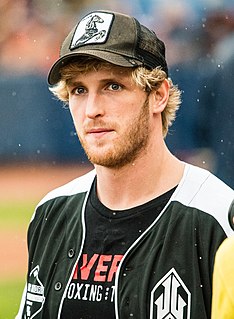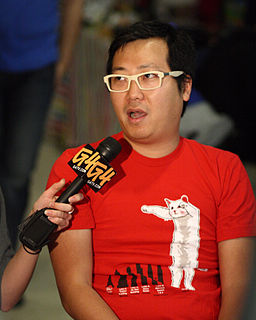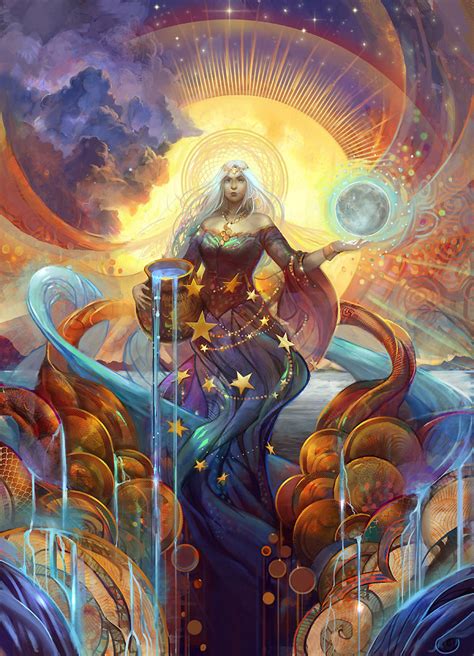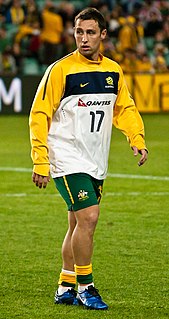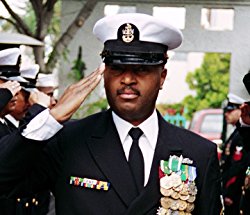A Quote by Randy Falco
I don't think there are too many traditional media guys who really understood what the new digital media is about.
Quote Topics
Related Quotes
My definition of media? 'Anything which owns attention.' This could be a game or, perhaps, a platform. Ironically, the media tends to associate media with publishing - digital or otherwise - which, in turn, is too narrow a way to consider not only the media but also the reality of the competitive landscape and media-focused innovation.
I've talked about how the future of journalism will be a hybrid future where traditional media players embrace the ways of new media (including transparency, interactivity, and immediacy) and new media companies adopt the best practices of old media (including fairness, accuracy, and high-impact investigative journalism).
The traditional media does not have the kind of reporting muscle on the ground that it used to. I was very hopeful that the new digital media operations would pick up that slack, and a lot of them are trying and they're doing creative things. But none of them can scale appropriately to have enough journalistic firepower as well.
In the founding days of the Constitution, the purpose of the media was to make sure that powerful government officials were held accountable. It really was. I mean, it was founders who hated the media like everybody else hates the media, but they understood the role they played. This media long ago when it comes to Hillary Clinton/Bill Clinton and the Democrat Party? No, no, no, no. They're the Democrat Party now. There is no media.
PR got to be much bigger because of the emergence of digital media. Now we have hundreds of people who are, in a sense, manning embassies for Facebook and Twitter for brands. So the business in effect has morphed from pitching stories to traditional media, to working with bloggers, Twitter, Facebook and other social media, and then putting good content up on owned websites.
There are fewer media writers in traditional settings. That is a beat that many legacy brands cannot afford. On the other hand technology writers are writing about media in ways they didn't before. As a consequence of the shift, there is less interest in many ways in the activities at some media. If you look at coverage of media as whole, the decision-making at the three broadcast networks and the cable channels, for instance, is much less of a focus than it once was. The guts of what goes on at Fox or CNN or MSNBC probably has less impact than it once did. It certainly gets less attention.
